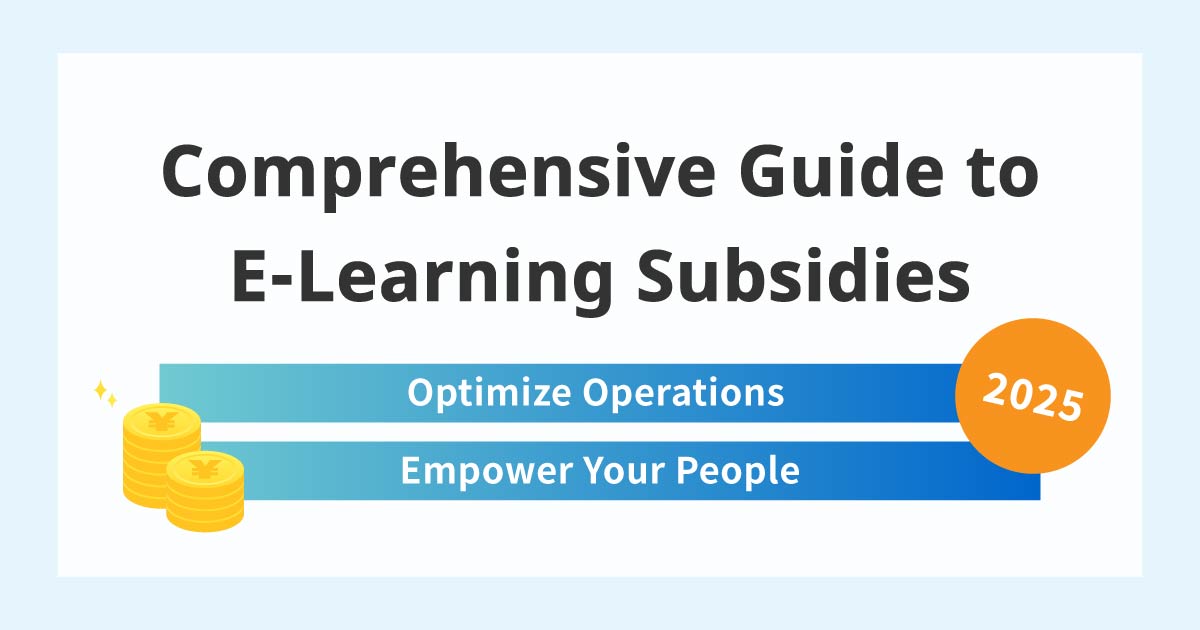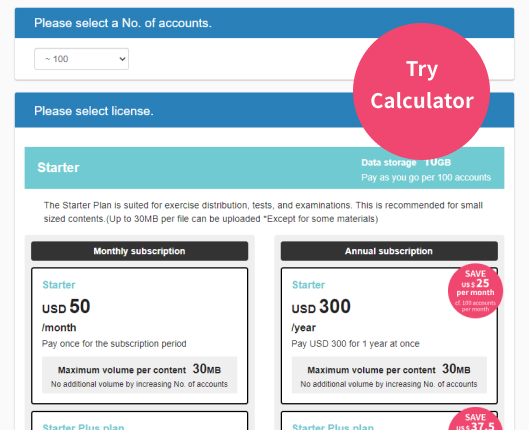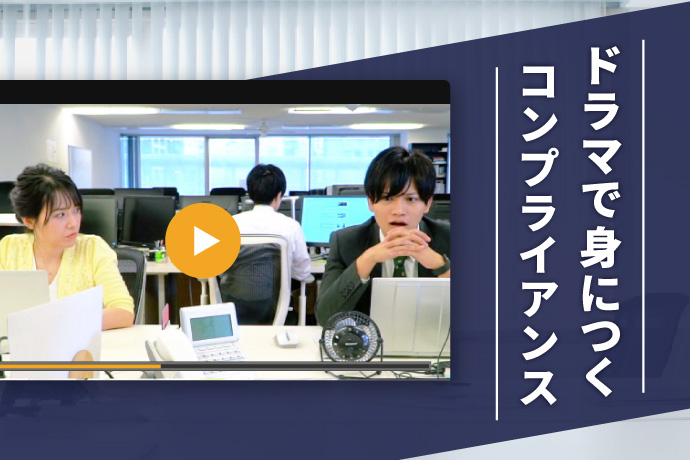Does Forced Overtime Work Fall Under Power Harassment or Illegal? Preventive measures that companies should adopt

Overtime work (overtime) may be required in the workplace due to work-related circumstances.
Among them, a case in which an employee intentionally forces overtime work by taking advantage of a superior relationship may be considered "power harassment. In addition, depending on the employee's situation, it may not be possible to order overtime work.
This article explains the relationship between forced overtime work and power harassment that should be noted in the workplace and the measures companies should take to prevent power harassment.
Contents
- 01Relationship between forced overtime and power harassment
- Forced overtime may constitute power harassment.
- Specific Examples of Conduct Constituting Power Harassment with Respect to Forced Overtime
- 02Can I be forced to work overtime?
- Conditions for issuing an overtime order
- Workers who cannot be ordered to work overtime
- Cases in which forced overtime work is illegal
Relationship between forced overtime and power harassment

Overtime work means working in excess of the working hours specified by the company (prescribed working hours) or by law (legal working hours).
Forcing employees to work overtime may be considered power harassment, so be sure to review the following points.
Forced overtime may constitute power harassment.
According to the Ministry of Health, Labor and Welfare's definition, power harassment in the workplace meets the following three conditions: (1) words or actions that are based on a superior relationship, (2) that go beyond what is necessary and reasonable in the course of work, and (3) that harm the worker's working environment.
Power harassment in the workplace generally takes advantage of differences in position, such as from a superior to a subordinate or from a senior to a junior. In such hierarchical relationships, it is easy to give unreasonable overtime work orders to those who are in a weaker position.
If the compulsion to work overtime meets the above conditions, it may be evaluated as power harassment. Particular attention should be paid when a person in a superior position, such as a supervisor or leader, orders subordinates to work overtime.
Specific Examples of Conduct Constituting Power Harassment with Respect to Forced Overtime
Overtime may occur even in the normal scope of work. Among such cases, what constitutes unreasonable compulsion to work overtime is when a worker is forced to work overtime by intentionally assigning an unacceptably large amount of work to be completed. Simply having a large amount of work does not constitute power harassment.
Forcing employees to work overtime for which they do not receive premium wages (service overtime) also constitutes power harassment. Violations that force employees to work overtime after they have turned in their time cards also constitute forced service overtime and must be avoided.
Other examples include ordering overtime for work that is not necessary. Forcing a large amount of work at the last minute or forcing workers to work overtime when they know they have private plans may also be considered unreasonable instructions.
If a worker takes advantage of his or her superior position to engage in conduct such as that in the above example, and causes physical or emotional distress to the worker, it may be considered power harassment.
Back to ContentsCan I be forced to work overtime?

In order to issue an overtime order on the job, certain conditions must be met. In addition, there are cases where overtime orders cannot be issued depending on the worker's situation, so it is important to keep in mind the cases where it is illegal to do so.
Conditions for issuing an overtime order
In order for an employer to order overtime work in excess of legal working hours, the following three conditions must be met
- 36 Agreement (labor-management agreement based on Article 36 of the Labor Standards Law) is in place.
- Notification has been made to the administrative authorities
- Work rules and labor contracts have provisions for overtime work.
However, it is possible to refuse an overtime order if there is a valid reason on the part of the worker. For example, if a worker has a health problem, such as poor physical condition or injury, he or she may refuse to work overtime.
Workers who cannot be ordered to work overtime
Workers who are pregnant or have given birth less than one year
Women who are pregnant or have given birth for less than one year are called "expectant mothers. Employers cannot order overtime, work on holidays, or late-night work when requested by expectant mothers.
Workers caring for family members
If a worker is caring for a family member who lives with the worker, the employer is limited to ordering overtime work at the worker's request. Overtime in excess of 24 hours per month or 150 hours per year cannot be ordered.
Workers caring for preschool children
A preschool child is a child who has not yet reached the age to attend elementary school. Employers may not order overtime work in excess of 24 hours per month or 150 hours per year if requested by a worker raising a preschool child.
Workers raising children under 3 years of age
If a worker who is raising a child under 3 years of age requests it, the employer cannot order overtime work. The worker may refuse to work in excess of the prescribed working hours.
Cases in which forced overtime work is illegal
36 agreements have not been signed.
Forcing employees to work overtime without a 36 agreement is a violation of the Labor Standards Law, which carries a penalty of up to six months in prison or a fine of up to 300,000 yen (Article 119, Item 1 of the Labor Standards Law).
No overtime is specified in the labor contract.
In cases where the labor contract clearly states that there is no overtime work, it is legally impossible to order overtime work. If overtime is ordered, it is considered a violation of the Labor Standards Law.
Overtime orders exceed 36 agreements or legal limits.
As a general rule, the 36 Agreement includes a ceiling of 45 hours per month or 360 hours per year for overtime work.
The 36 agreement with special provisions stipulates that overtime in excess of 45 hours per month is limited to 6 times per year. The annual limit is no more than 720 hours and the monthly limit is less than 100 hours. In addition, the average overtime hours for a period of two to six months must be less than 80 hours.
Even if a 36 Agreement or a 36 Agreement with special provisions has been concluded, overtime work in excess of the maximum limit cannot be ordered.
e-Gov, "Labor Standards Act, Article 36."
What Companies Can Do to Prevent Power Harassment Related to Overtime Work

Power harassment issues related to overtime work can occur in many companies. Finally, here are some things your company should do to protect an appropriate working environment.
Conduct harassment training to raise awareness
In-house training should be conducted to help employees acquire correct knowledge about power harassment and to detect problems early.
In this case, you may want to distinguish training content by job level or position. There is also a method of preparing separate programs for managers, general employees, harassment consultation counter staff, personnel and labor relations staff, and so on.
The head of the organization sends the message.
It is also important for the top management of the organization to recognize the importance of power harassment prevention and to show a positive attitude toward it. It is necessary for management to clearly indicate that they themselves place importance on the prevention of power harassment, and to make efforts to disseminate this information.
Establish a consultation service
It is a good idea to set up an internal harassment consultation service and encourage employees who are suffering from harassment to use it. Ideally, it should be able to handle a wide range of harassment issues in addition to power harassment. In addition, it is also a good idea to publicize the existence of the consultation service.
Deal strictly with problems as they arise.
If power harassment occurs within the company, we will take immediate action to stop the damage and make every effort to prevent recurrence. In some cases, it may be necessary to consider disciplinary action against the perpetrator. Consider consulting with outside experts as well.
Back to ContentsUse e-learning to educate the public on power harassment related issues such as forced overtime work!
Forced overtime work may constitute power harassment. After confirming the conditions for issuing overtime work orders, make systematic efforts to prevent power harassment so that unjust orders are not issued.
Please use the harassment training contents of "learningBOX ON" to inform your employees about harassment.
learningBOX is a cloud-based elearning platform
and you can easily build training courses online.
Created content will be delivered to employees and you can track their learning progress.
There will be something you can do to improve your work environment.
▼You may also like:
Back to Contents


-
Discover rich featuresService Guide
-
Feel free to contact usGet in Touch
-
Try our Free PlanTry Free Plan










